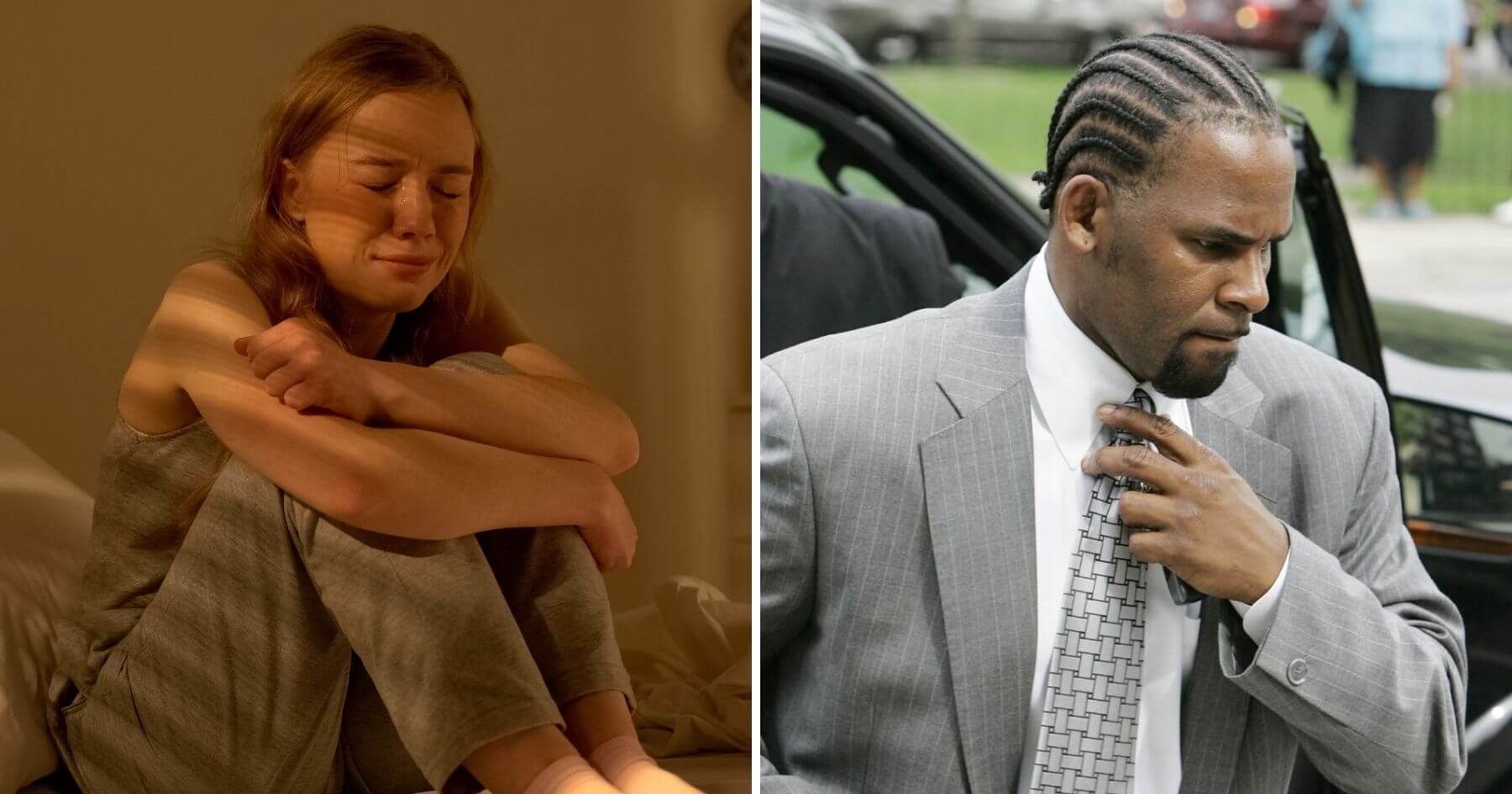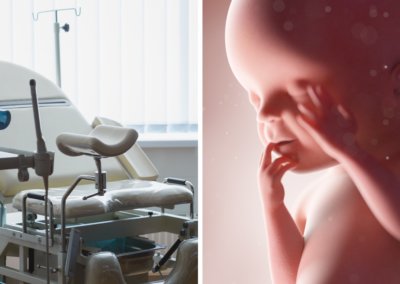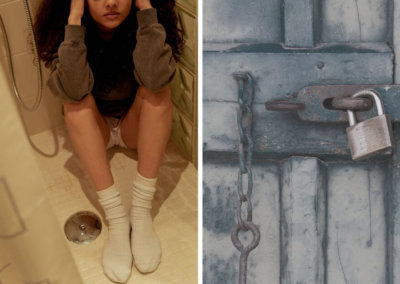RnB singer R. Kelly allegedly pressured an underage girl into having an abortion she did not want, a court in Brooklyn has heard.
The 54-year-old singer has pleaded not guilty to a nine-count racketeering indictment describing his alleged abuse of six women and girls. The woman who has alleged he forced her to have an abortion, known as Jane Doe No. 5, said the singer “chastised” her for disobedience. This included slapping her hard enough to leave bruises.
The relationship began in 2015, when Doe was only 17, and Kelly was in his late 40s. After allegedly grooming Doe into a coercive sexual relationship, she found she was pregnant with his child in 2017, and Kelly ordered her to have an abortion against her wishes.
The singer also faces sex-related criminal charges in Illinois and Minnesota.
Coercive abortion
Campaigners and politicians have warned about the danger posed by ‘DIY’ home abortions in regard to coercive abortion.
The lack of direct medical supervision is a significant threat to the women who are at risk of being forced into having an abortion, often as a result of sexual abuse.
Dr Calum Miller, NHS doctor and research associate at the University of Oxford specialising in abortion policy, has noted that “abusers might be listening in on [telemedicine phone consultation] conversations”; “Consultations, when possible, are offered online, which may introduce further barriers to accessing support”; and some women’s “living arrangements may not permit the privacy and confidentiality appropriate for patient care”.
In 2019, polling company D-Cyfor concluded that 7% of British women have been pressured into an abortion by their husband or partner.
Polling from earlier this year also shows 87% of GPs were concerned that women were at risk of unwanted abortion arising from domestic abuse by partners controlling or monitoring their actions. Similarly, recent polling of the general public found 86% of women were concerned about women being at risk of being coerced into an abortion by a partner or family member during the ‘at-home’ abortion process.
“Looking back at it, it was like I was manipulated into it”
Some women have testified to how ‘DIY’ home abortions facilitate coercion. Earlier this year, politicians present at an All-Party Parliamentary Pro-Life Group (APPPG) webinar heard a testimony from one woman who was pressured by her partner and friends to have an abortion. She said: “Looking back at it I don’t know why I listened to them… it was almost like I was manipulated into it”.
Two undercover investigations since the introduction of ‘DIY’ abortions in March 2020 have found that abortion providers were putting women at considerable risk by failing to provide basic checks before abortion pills were sent out in the post.
In the first investigation, concluded in early July 2020, all 26 requests by volunteers (eight volunteers) resulted in them being able to acquire mifepristone and misoprostol using false names, dates of birth and gestational dates.
A second investigation conducted between November 2020 and January 2021 found that there had been no change in the behaviour of abortion providers towards the screening of gestational dates, despite assurances from the Care Quality Commission in November 2020 that the three main abortion providers had significantly improved their screening processes.
Right To Life UK spokesperson Catherine Robinson, said: “The alleged actions of R. Kelly are utterly condemnable and the accusations of a coerced abortion is especially despicable. While no proponent of abortion is likely to defend Kelly, proponents of ‘DIY’ abortions continue to promote and defend a practice that makes coercive abortion far easier to conceal. Kelly’s alleged actions would have been far easier to conceal under a system like ours that permits ‘DIY’ home abortions”.












